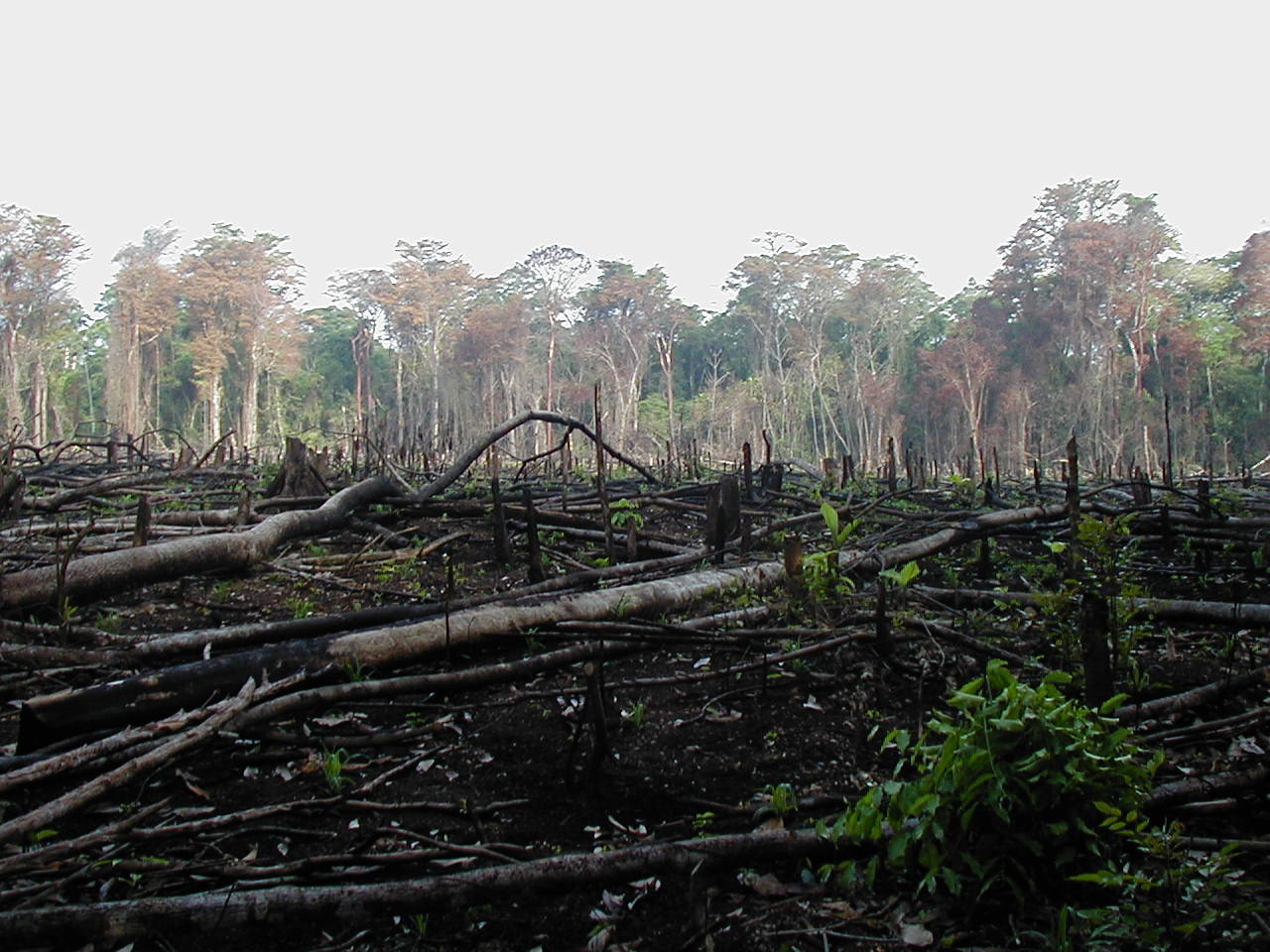The European Union (EU) has introduced a new regulation that could affect Ugandan exports, including coffee, cotton, cocoa, palm oil, and soya. The regulation, known as the EU Deforestation Regulation (EUDR) 2023, aims to address global deforestation issues caused by agricultural activities.
Approximately 60% of Ugandan coffee is currently exported to the EU, as well as to the United States, Sudan, and West Africa. The EUDR, released last month, focuses on preventing the acceptance of products, particularly those from forested areas, to combat the negative impact of deforestation on the global climate.
The regulation emphasizes the EU’s commitment to reducing greenhouse gas emissions and maintaining biodiversity, citing that EU consumption was responsible for 10% of worldwide deforestation between 1990 and 2008.
The EUDR specifies that, to be accepted in the EU, products like coffee must be proven to be deforestation-free and legally produced. The regulation defines “deforestation” as the conversion of a forest to agricultural use after December 31, 2020, while “legal” means the products must comply with the relevant laws of the country of production.
To comply with the regulation, Uganda is taking steps such as registering coffee farmers and their fields nationwide. The Uganda Coffee Development Authority (UCDA) is using GeoMaps with coordinates to track the size and origin of coffee farms. This process aims to ensure transparency and traceability in the supply chain.
UCDA Eastern Uganda manager Mike Maliro stated that compliance with EU regulations is crucial for Uganda, as 60% of its coffee is exported to the EU, along with shipments to the United States, Sudan, and West Africa. Failure to comply could result in market loss and a potential drop in coffee prices, affecting the revenue generated from the export of approximately eight million bags of coffee.




















